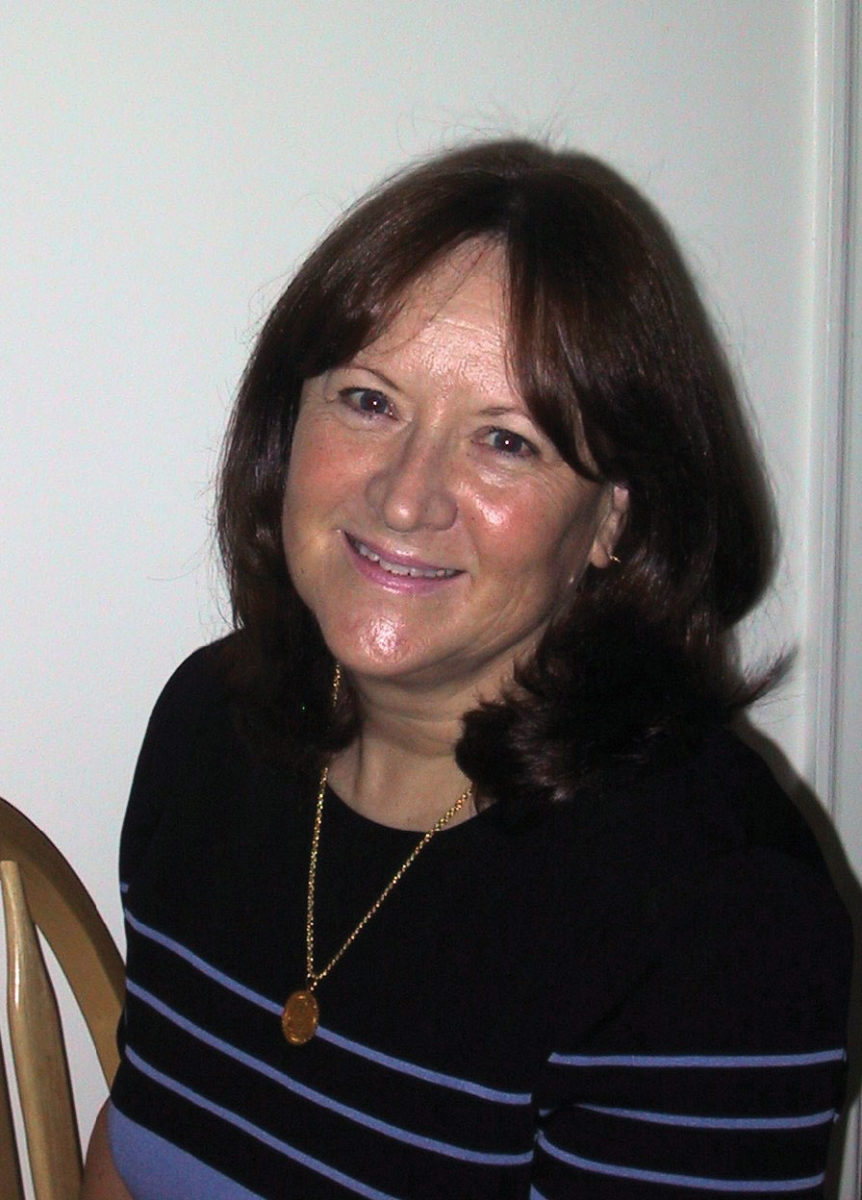Getting the Psychosocial Support You Need to Get through Cancer
by Nancy W. Fawzy, RN, DNSC
Cancer is not just life-threatening; it is also life-altering. Cancer and its lifesaving treatments often cause psychosocial issues that last long after cancer treatment has ended. Dealing with these psychosocial issues can be tricky. They affect people differently, depending on age and health status. They also may change or evolve as you journey through diagnosis, treatment, and follow-up care.
Some possible psychosocial issues cancer survivors may experience include:
- Practical issues Concerns about making treatment decisions, managing finances, navigating health insurance, finding or keeping a job, and getting adequate nutrition and exercise
- Relationship issues Sexuality and intimacy problems, parents’ concerns for their child
- Emotional issues Anxiety, depression, anger, sadness, hopelessness, helplessness
- Physical issues Pain, fatigue, premature menopause, diminished fertility, osteoporosis
Focus on One Thing at a Time
Just contemplating, let alone actually dealing with, the reality of these potential psychosocial struggles can be completely overwhelming. Before you panic, know that there is no guarantee that you will have to deal with any of these issues. However, you should be prepared to handle those that do arise. As with any major task, prioritize what you need to deal with first; then focus on resolving that issue before moving on to the next.
Ask for Help
Rather than trying to manage your difficult emotions and concerns on your own, ask for help. Some people are hesitant to ask for help because they don’t want to be a burden. What many don’t realize is that their friends and family are struggling with their own feelings of helplessness; they want to help you, but they may not know how. Asking for and accepting help benefits everyone.
Be Informed
Seek out information on your disease, its treatment, and potential side effects, including psychosocial concerns. Talking with your healthcare team is a great place to start. Make a list of questions you want to ask, and write down the answers. When possible, take someone with you to act as a second set of ears and an extra brain to process all the information you’re given. It’s equally important to provide your healthcare team with detailed information about your condition and any side effects you’ve been experiencing to ensure that all your issues are addressed and you get the personalized treatment you need.
Rather than trying to manage your difficult emotions and concerns on your own, ask for help.
In addition, you can find an endless supply of information on just about any psychosocial issue online. However, you should only access regularly updated and reputable sources, such as cancer.gov and cancer.org, to ensure that the information you’ve found is accurate and up to date.
Move Forward with a Plan
The end of active cancer treatment brings with it an entirely new set of psychosocial issues. Having a survivorship care plan can help you navigate the post-treatment journey. Your survivorship care plan should include a summary of your diagnoses, treatments, and follow-up plans beyond surveillance for recurring or new cancers. It should also include doctor visits and testing schedules, strategies for preventing or mitigating chronic and late-occurring side effects, tips for maintaining (and encouragement to adhere to) a healthy lifestyle, and information on available resources for psychosocial and other practical support. The care plan specifies which healthcare provider (primary care doctor, surgeon, medical oncologist, etc.) is responsible for each aspect of your ongoing care so there’s no confusion.
Research in designing and implementing survivorship care plans is ongoing. Ask your healthcare team if this is something they can provide. After all, the best way to confront psychosocial struggles throughout your cancer journey is to become your own personal advocate in getting the help you need.

Dr. Nancy Fawzy has specialized in psychosocial oncology for 40 years. She is the founding president and a current member of the Board of Directors at Triage Cancer (TriageCancer.org), a nonprofit organization that provides practical and legal issues that may impact individuals diagnosed with cancer and their caregivers.
This article was published in Coping® with Cancer magazine, September/October 2019.


